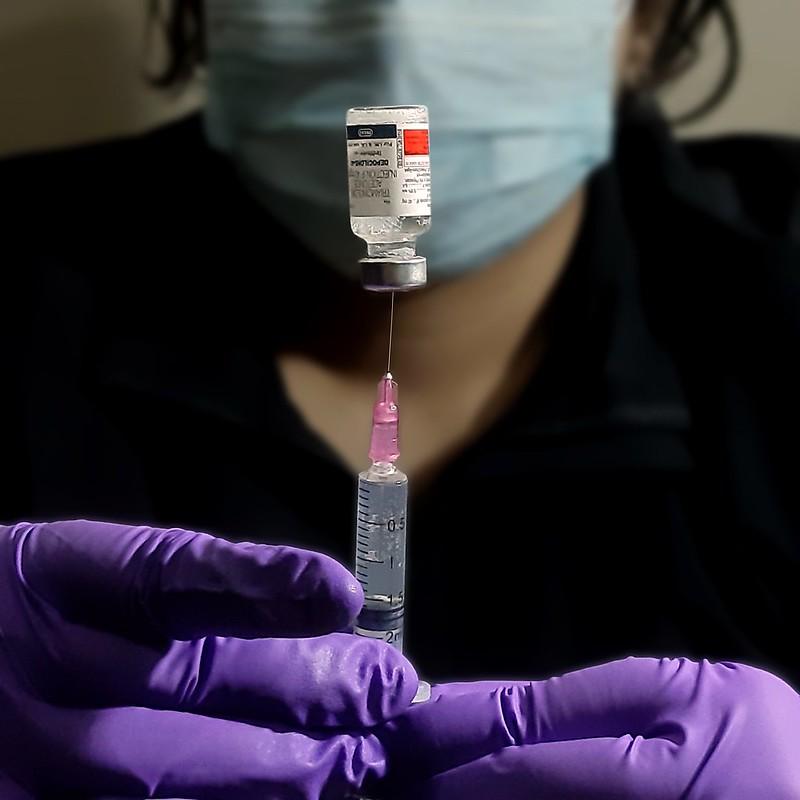A new study of almost 1.2 million people in Hong Kong demonstrates the protective effect of COVID-19 vaccination against long COVID, and suggests that the more doses people have had the less likely they experience long-term symptoms related to the virus.
The study was published yesterday in Nature, and it adds to a growing body of literature suggesting COVID vaccines play an important role in reducing the risk of long COVID.
The authors of the study conducted symptom follow-up surveillance on 1,175,277 patients with a confirmed SARS-CoV-2 test. Of those, 124,443, 101,379, 457,896, and 491,559 patients were unvaccinated, had 1, 2, and 3 or more doses of COVID vaccine prior to infection, respectively.
All participants tested positive from April 1, 2020, to October 31, 2022, and were matched to uninfected controls without a positive SARS- CoV-2 test record throughout the study period.
All study participants were followed for up to 1 year after infection, and clinical symptoms were noted.
"Completely vaccinated and patients with booster dose of vaccines did not incur significant higher risk of health consequences from 271 and 91 days of infection onwards, respectively," the authors wrote. Unvaccinated and incompletely vaccinated patients, however, continued to have a greater risk of clinical symptoms (sequelae) for up to a year following SARS-CoV-2 infection.
Risk of heart disease decreased with vaccination
Unvaccinated participants with SARS-CoV-2 infections had the greatest risk of all observed clinical sequelae, including major cardiovascular diseases (hazard ratio [HR], 4.64, 95% confidence interval, 4.00 to 5.38). Participants with 1 dose had an HR of cardiovascular disease of 3.13, those receiving 2 doses had a 2.53 HR, and 3 or more doses were associated with an HR of 1.99.
The risk of all-cause mortality was most significant between the unvaccinated and vaccinated, with almost a fivefold reduction in risk of all-cause mortality between unvaccinated patients (HR, 18.89) and patients with complete vaccination (HR, 3.95) during the acute phase of infection, the authors said.
The risk of all-cause mortality dropped even further among patients with a booster dose of vaccine (HR, 1.74).
After the first 30 days following infection, risk of death continued to be significantly lower for those fully vaccinated and boosted against COVID-19, with participants who received three or more doses of vaccines not incurring any significant risk of clinical sequelae from 91 days onward from their initial infection, the authors said.
As the pandemic progresses, our findings provided real-world evidence supporting the effectiveness of the COVID-19 vaccine.
"As the pandemic progresses, our findings provided real-world evidence supporting the effectiveness of the COVID-19 vaccines in the prevention of long-term health consequences following SARS-CoV-2 infection," the authors concluded.





















